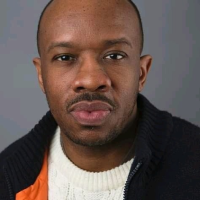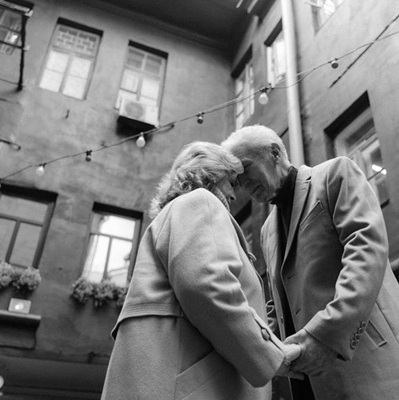.
.

Painting of Amiri Baraka (October 7, 1934 – January 9, 2014) by Shanna T. Melton
.
___
.
Amiri Baraka (Taught Me How To Write Social Justice Poetry)
I am probably being
followed online by
the CIA
because I have listened
to your poems on YouTube,
you were just that
revolutionary! You were
just that powerful of a poet
my teacher
You were a speaker, a
a guider whose soul was
on fire. You taught me
how to write social justice
spoken word poetry.
You helped me find
my voice. You helped me
reach out for microphones
and educate White liberals,
activists, organizers, novices
who were unaware of this
country’s injustices.
I would park myself
at a table at Borders
to sit quietly with the
Amiri Baraka Reader.
One evening while doing
so, I found your poem
Black Art.
It sparked all
of the rage against
the machine I had
sleeping in me
your words spoke
to me in profound ways,
displayed a fighter-like
approach I needed
at the moment.
As an opponent of
bigotry and racism
your words have fire,
passion, vision.
And even as you
rest in peace, your
piece still guides me;
your fire still pushes
me; your ability to
say the truth stays
in my ear
I approach marches,
protests, spoken word
performances, travels,
eager audiences, hip-
hop and jazz beats
without fear!
The education of
The Poet Known
As Christopher D.
Sims happened
soon as I was
introduced to your
phenomenal work
which sought to hurt
the system. What you
penned helped me
give birth to word
warrior literature
such as ‘We need
powerful empowering
poetry/Poetry that
promotes positivity/
Poetry that encourages
people to progress/
Poetry that gives
birth to revolution!
Your contributions
to my social justice
practices and poems
came after evenings
with the perfect
scenery, green tea,
as well as the ability
to see
what it meant to
truly live, to write
for the people.
I am your poetical
disciple with words
blasting out of my
mouth like bullets
from a rifle.
I am your dedicated
pupil who uses words
musical
to imagine a
different world.
You are still my sensei
as I remain a student
who is committed to
mastering the art
of projecting action
words
at injustices.
Your 70s Blues prose
and hypnotic b-bop
is the predecessor
to my new age lyrical
hip-hop.
Your pages helped me
arrive on stages, your
catalogue is ageless.
A young poet
will ask me
one day “What
is your secret syllable
sire?”
I will say graciously,
happily, it was the
drum in Amiri Baraka’s
soul that helped me
remain in control
of the rhythm, the
rhythm, our rhythm.
.
.
___
.
.

Christopher D. Sims is a writer of poetry, a spoken word artist, and a human rights activist who uses words to inform. Born and raised on the west side of Rockford, Illinois, he has been writing since he was nine years old. A published poet, Christopher wrote a poetry and memoir collection entitled I was Born and Raised in The Rock in 2020. He is a fellow of the Intercultural Leadership Institute.
.
___
.
A recipient of the Connecticut Office of the Arts Hero Award (2018), Shanna T. Melton is a Poet, Painter, Art Educator, and the Author of Unraveling My Thoughts. Her contributions to Connecticut’s vibrant poetry scene include arts ambassadorships for the Mary & Eliza Freeman Center forHistory and Community, the Housatonic Museum of Art, and the founding of the open mic institution that is Lyrical Voices, a local showcase for contemporary poets and artists from across the region. Her current exhibition “Her Dragons Fly” is on view online at the Charter Oak Cultural Center Art Gallery . You can find and support her work at http://poeticsoularts.net
.
___
.
Amiri Baraka reads his poem “Black Art” with Sonny Murray on drums, Albert Ayler on tenor saxophone, Don Cherry on trumpet, Henry Grimes on bass, Louis Worrell on bass, for Murray’s 1965 album Sonny’s Time Now.
.
.
.














































